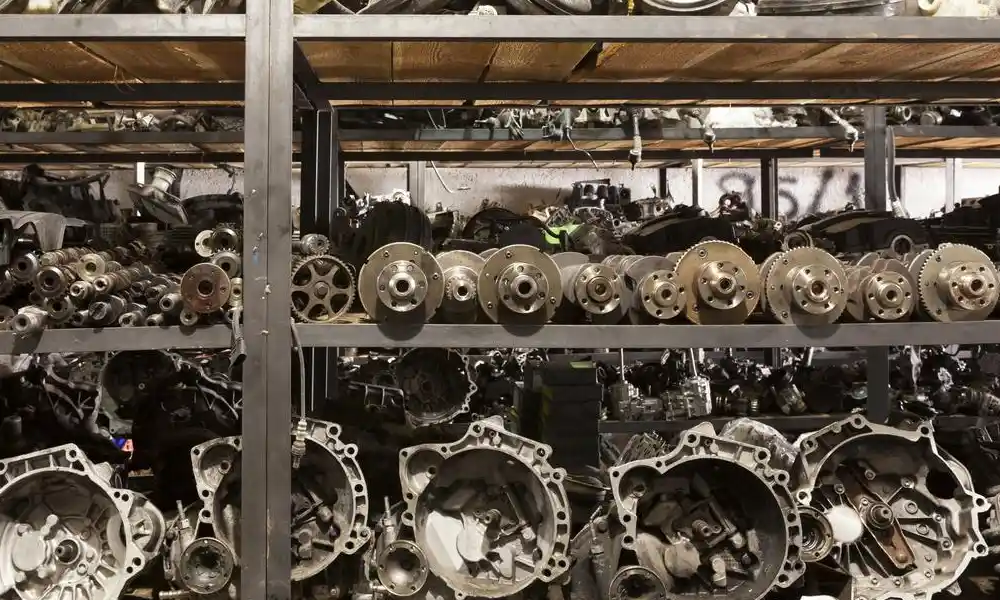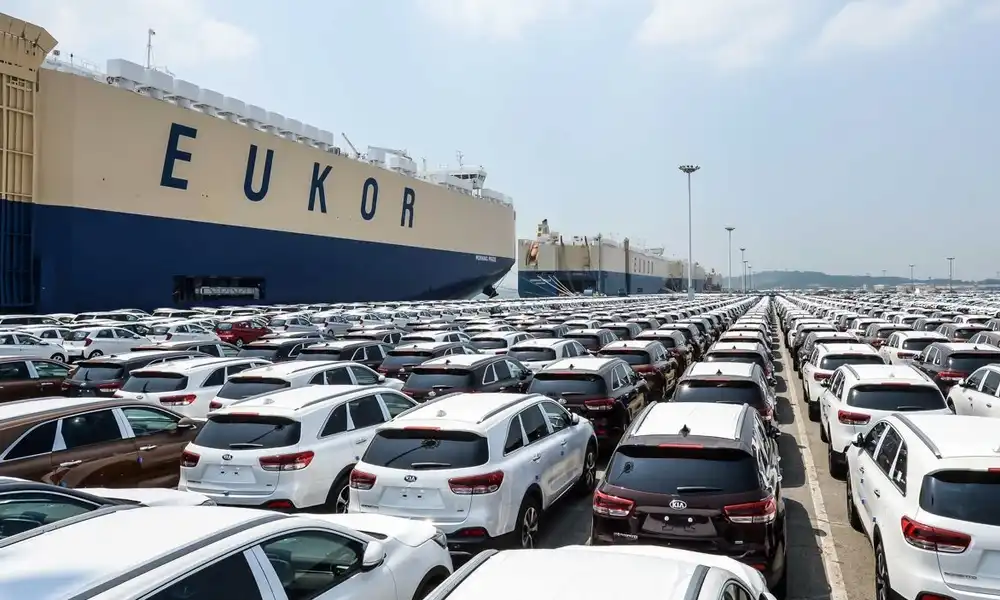How to Import Used Car from Encar, you need to complete a local purchase, prepare export documents, work with a logistics provider, comply with the destination country’s customs and safety regulations, and finalize vehicle registration. Always check import restrictions beforehand.
UsedCarKorea.com
How to Import Used Car from Encarr and importing it overseas can be a cost-effective and reliable option for international buyers. Encar, South Korea’s largest online used car marketplace, offers thousands of listings with verified details and inspection reports. Whether you’re relocating, importing a second vehicle, or reselling in another country, understanding the Encar used car export process—from selection and purchase to customs and registration—is essential to avoid delays, legal issues, or unexpected costs. This guide walks you through every step of exporting a vehicle from Encar safely and successfully.
Table of Contents
Purchase a Used Car on Encar
Encar (www.encar.com) is Korea’s leading used car marketplace offering a wide range of vehicles.
- Search for Vehicles: Filter by make, model, mileage, year, fuel type, and price.
- Review Vehicle Details: Carefully examine photos, accident history, maintenance records, and inspection data.
- Contact the Seller: Ask questions and confirm condition, export eligibility, and ownership.
- Complete Purchase: Sign the purchase agreement and obtain an invoice or purchase receipt, which is required for export declaration.
Prepare for Vehicle Export
After purchasing the vehicle, export procedures must be handled properly to ensure smooth international shipping.
- Export Declaration: Submit the export declaration to the Korea Customs Service. This can be done through a certified customs broker.
- Choose a Freight Forwarder: Select a reliable shipping company for roll-on/roll-off or container shipping.
- Prepare Required Documents:
- Original vehicle registration certificate
- Purchase invoice
- Bill of lading (B/L)
- Export inspection certificate
- Customs clearance documents
Customs Clearance at Destination Country
Once the vehicle arrives at the destination port, the importing process follows that country’s laws.
- Understand Import Rules: Each country has different requirements for used vehicle imports—such as age limits, emission standards, and steering wheel placement.
- Pay Taxes and Duties: Import duties, VAT, or environmental taxes may apply based on vehicle type and declared value.
- Safety & Emissions Certification: Some countries require technical inspections, compliance with local safety regulations, or modifications to the vehicle.
Register the Vehicle Locally
- Submit Documents: Provide all customs and technical inspection documents to the local vehicle registration authority.
- Purchase Insurance: Mandatory third-party liability or comprehensive insurance is typically required before registration.
- Get License Plates: Upon approval, license plates and registration certificates will be issued.
Things to Watch Out For
- Import Restrictions: Some countries do not allow the import of vehicles older than a certain number of years or non-compliant emission models. Always check first.
- Missing Documents: Any missing export or customs documents can delay clearance or result in fines or return shipment.
- Damage During Shipping: Make sure to get marine insurance. Damage during transit is not uncommon.
- Regulatory Compliance: Ensure the vehicle meets the technical, environmental, and safety standards of your country to avoid being denied registration.
- Fraud and Misrepresentation: Only work with verified sellers and consider using licensed export agents to avoid scams or title problems.

FAQs
Can I import any car from Encar to my country?
Not all cars are import-eligible. You must check your country’s regulations regarding vehicle age, emissions, and steering orientation.
What are the required export documents?
You need the original registration certificate, invoice, bill of lading, export clearance, and inspection certificate.
How much import duty will I pay?
Import duties vary by country and are usually based on vehicle type, value, and engine size. Check with your local customs authority.
What if my car fails the local inspection?
If the car doesn’t meet local standards, you may need to make modifications, or in worst-case scenarios, the vehicle may be rejected.
How do I find a reliable shipping agent for my car?
Look for experienced international auto transporters or ask Encar or your broker for recommended partners.


